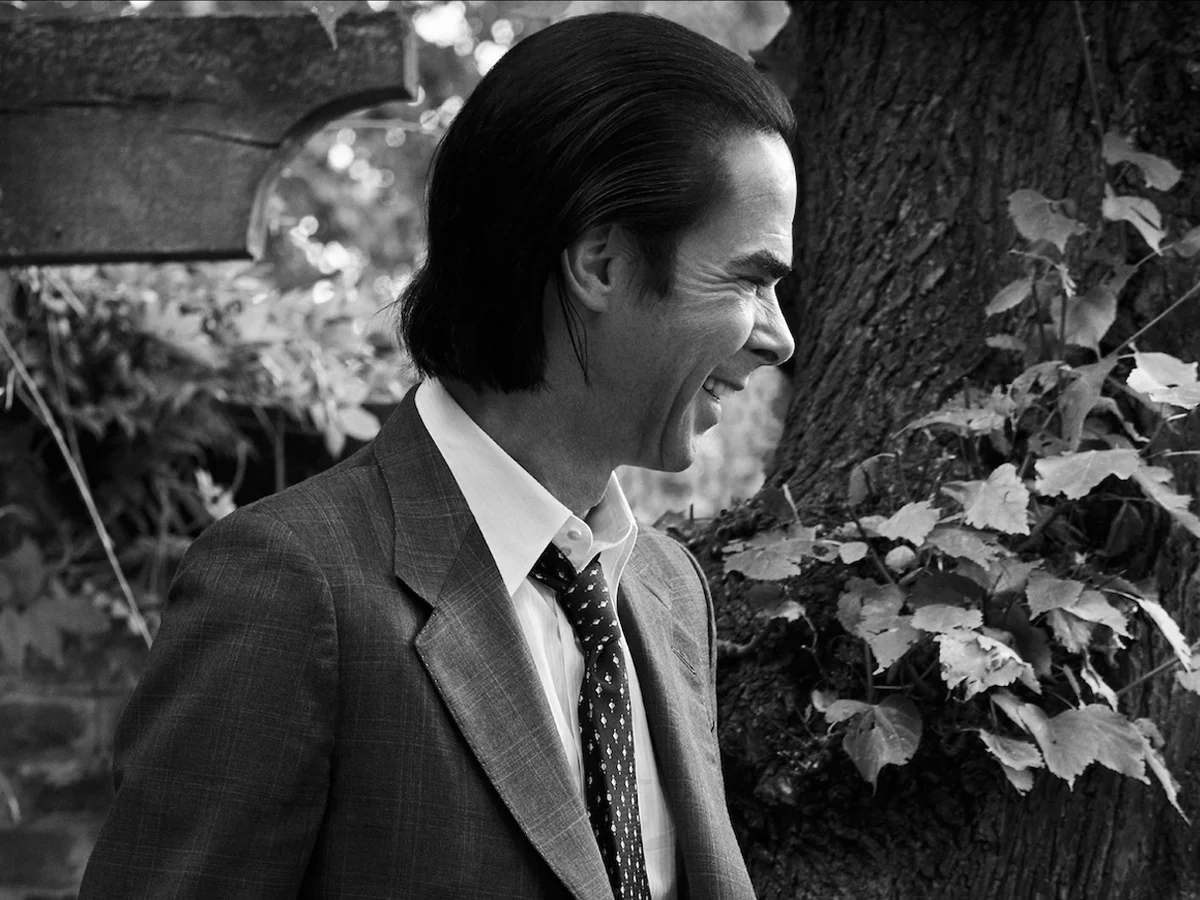Nick Cave, the Australian post-punk icon with a voice as deep as his lyrics, has earned a loyal cult following over the years. As one of the most revered songwriters of his time, Cave’s every word and revelation is treated with near-religious reverence by his fans—understandably so, given the mystery that often surrounds him.
Despite this mystique, Cave has always made an effort to stay connected with his audience. One of the ways he does this is through his newsletter, The Red Hand Files, where fans can ask him anything. Recently, Cave took a break from his busy schedule to share a bit about his favorite podcast, giving fans a glimpse into the content that captures his interest.
You can learn a lot about someone by the media they consume, and for Cave, his latest obsession is the podcast The Rest Is History. Hosted by historians Tom Holland and Dominic Sandbrook, this podcast has quickly become the most popular history show on Apple and Spotify since its launch in 2020, boasting over 650 episodes that dive into a wide range of topics.
Cave explained his admiration for the show in his signature poetic style: “Anyone who thinks there is a clear right and wrong side of history hasn’t listened to Tom Holland and Dominic Sandbrook’s The Rest Is History. This remarkable podcast reminds us that history is extraordinarily complex and rarely paints a simple picture of good versus evil.”
The singer-songwriter behind “Into My Arms” continued, “Much of history seems to be a chaotic clash of good intentions, and what seems ethically clear today might look entirely different tomorrow. History reflects our flawed nature and is seldom straightforward or stable.”
Cave’s love for history shouldn’t come as a surprise. His music often draws inspiration from historical events and figures, showing his deep interest in the past. His fascination with The Rest Is History only confirms his ongoing thirst for knowledge and understanding.
Cave’s nuanced views on history align with his often paradoxical perspectives, such as his attendance at King Charles’ coronation despite not being a monarchist.
He wrapped up his appreciation with a thought-provoking conclusion: “Humans are messy, and it’s dangerous to deny our shared imperfections by drawing lines that separate and divide.”
